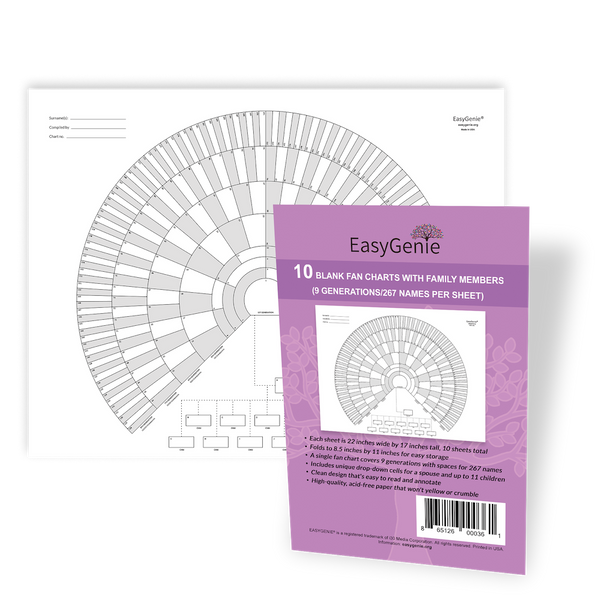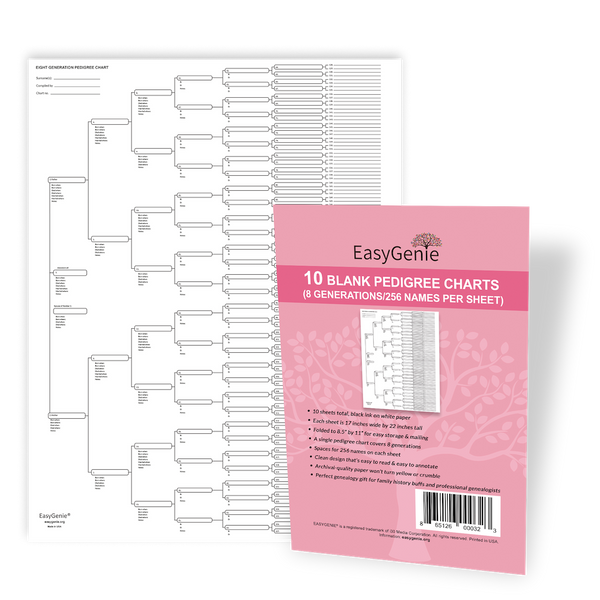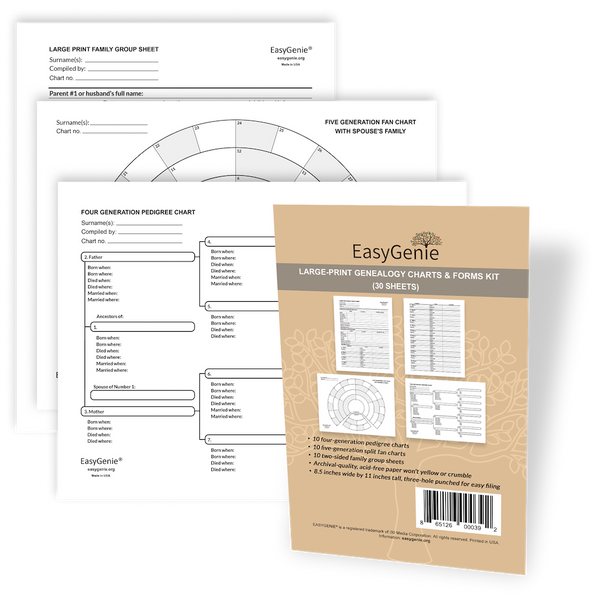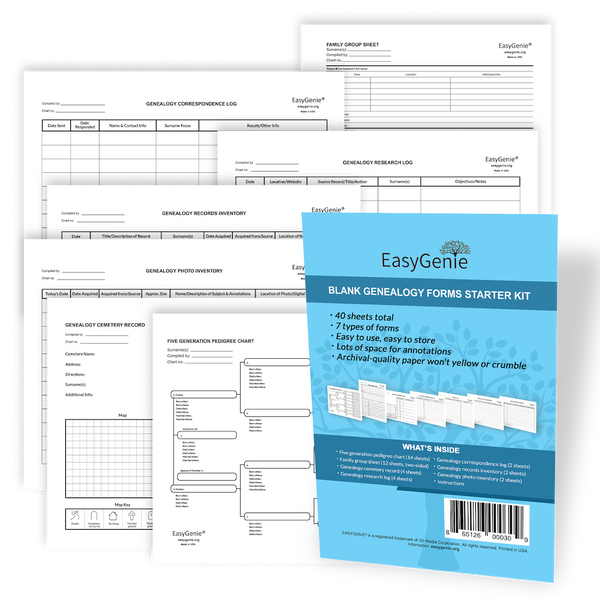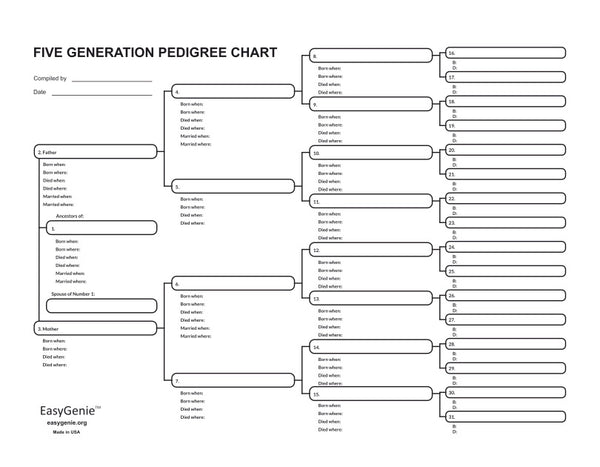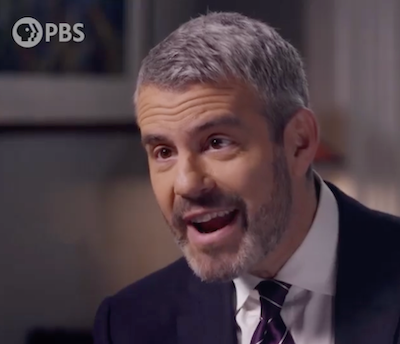
Why "Finding Your Roots" is great TV ... and great genealogy
Ian LamontOne of our favorite programs on TV is Finding Your Roots, the long-running PBS history/genealogy series hosted by Professor Henry Louis Gates.
It would be a fascinating program if it were just about genealogy. In our opinion, what really makes it shine are the wonderful interviews with well-known people who go into the interview not knowing what's going to come out about their families' pasts. It may be touching, troubling, funny, or revealing, but are usually a combination of all of these elements.
Moreover, the personal stories of long-forgotten ancestors not only connect modern-day interviewees with their family history, but also with the history of the United States or the countries their immigrant ancestors came from.
Season 7 recently got underway, and we were fascinated with the stories told by Journalist Nina Totenberg and TV entertainer Andy Cohen. Both learned personal histories of their roots in the "Pale of Settlement," the large area of Eastern Europe in which the former Russian Empire forced Jewish people to live under very restrictive conditions.

Andy Cohen's segment was especially interesting, not only because of his personality but also because of his ancestors' lives in the 1800s and early 1900s in the United States, including an important U.S. Supreme Court Case involving his great-grandfather, a wholesale dry goods merchant!
In this and other episodes, Gates makes a point of exploring the histories of oppressed or forgotten populations in the United States and abroad, ranging from enslaved Africans to victims of famine, war, and genocide.
And while the celebrities on the show are granted access to high-powered research that most people could never afford or undertake on their own, Finding Your Roots shows what's possible, and often helps illustrate methods for getting around brick walls, whether using traditional methods or DNA.
